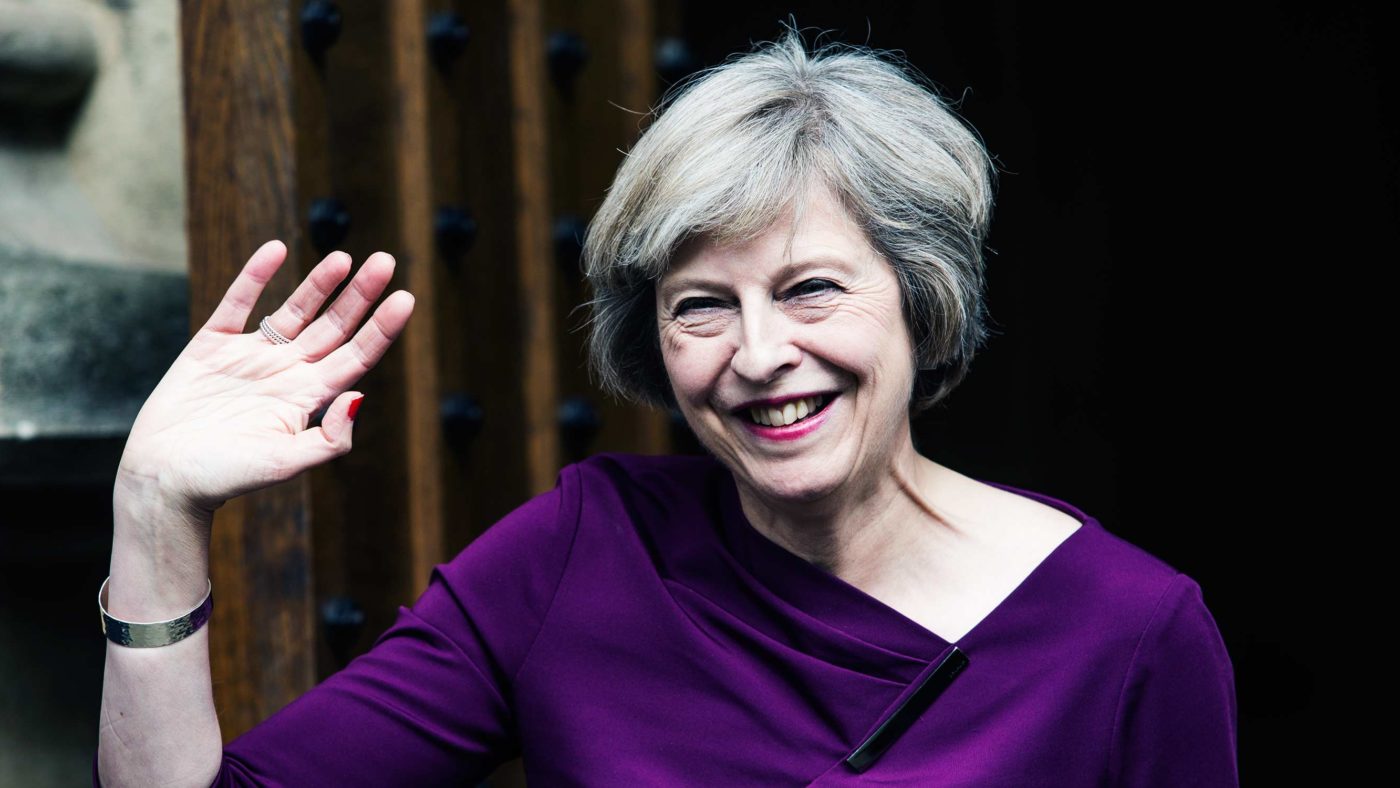In her first speech as Prime Minister, Theresa May directly addressed the ordinary citizen, the person outside the corridors of power, who works hard and plays by the rules but is struggling. From the steps of 10 Downing Street she said:
“When we pass new laws, we’ll listen not to the mighty but to you. When it comes to taxes, we’ll prioritise not the wealthy, but you. When it comes to opportunity, we won’t entrench the advantages of the fortunate few.”
Now, thanks to a 17 word amendment to the recent Finance Bill, the Prime Minister has the power to do just that and to strike a blow for popular capitalism while she’s at it.
The amendment in question, which was accepted by the Government, allows the Treasury to require UK multinationals to declare publicly in which countries they really create value and where they pay their taxes. This may not sound like a revolution, but it would dramatically tilt the balance which for too long has been tipped in favour of large multinationals.
The secret tax deals which have dogged some of the world’s biggest companies including Apple, Google and Amazon go to the heart of the public mistrust about whether capitalism is providing a fair playing field. Secret, that is, until journalists told the public what was going on. Tim Montgomerie has warned in the pages of CapX, the dangers of a system where the “underserving rich” rig the rules in their favour.
Brexit minister David Davis has long called for this corporate country-by-country reporting to be made public to restore confidence in the system and highlight where tax authorities may be giving a market-distorting competitive advantage to one company over another. “The incentive effect of low tax is lost if even lower rates are set in secret and are available only to those big enough to strike a deal with the Permanent Secretary for Taxation,” he wrote in The Times.
This is a plea which many small businesses have been making for years. The Booksellers Association of Britain and Ireland have pointed out that Amazon’s aggressive tax avoidance strategies have distorted the market and undermined the viability of traditional bookshops, resulting in closures in many a high street. Stamping out such corporate tax dodging is essential to the future of small and medium sized businesses which underpin our economy. Despite being a country in need of more entrepreneurs, we ask people to take the risk of starting up their own business whilst allowing their multinational competitors to shroud their tax affairs in secrecy.
This was expressed most powerfully by Conservative MP Charlie Elphicke who gave perhaps the finest speech in the Finance Bill debate. He said:
“When large enterprises, big businesses and the elites do not pay tax, it affects small businesses. It is the small business rooted in our soil which employs our neighbours and pays its dues that suffers when the competitive advantage, the level playing field and the rule of law are warped in that way. That is my prime concern. Small businesses in my constituency in Dover and Deal are the lifeblood of my local economy and I want them to have a fair crack. I want the towns and regions of this great nation, England, that I represent, and Wales and Scotland to have a fair crack. Particularly in Brexit Britain, it is important that they are able to come to the fore, to be galvanised and to be part of the leadership of this nation. That is why we need a Britain that works for the 90%, which is the towns and regions of our nations, rather than for big business and the elite 10%.”
Thanks to this amendment, Theresa May can now level the playing field and ‘not entrench the advantages of the fortunate few.’ Yet having the power is not the same as using it. Many fear that her Government will be reluctant to act decisively, claiming they are waiting to follow the rest of the world rather than lead it.
Public country-by-country reporting would not be a hardship. It is already in effect among extractive industries as well as EU banks and financial institutions. This greater transparency would benefit investors giving them more information to make better decisions. Just last week investors managing more than $740 billion called for greater financial transparency among American firms. It would also help developing countries who currently lose more in dodged tax than they receive in aid.
The rise of Donald Trump and his protectionist rhetoric at the expense of the Republican establishment is a spectre of what can happen when struggling citizens lose faith in a system they feel is rigged against them. Tellingly, the Finance Bill amendment was backed by Ukip’s sole MP Douglas Carswell. Polling shows that anger at corporate tax dodging is strongest among Ukip and Conservative voters.
If Theresa May wants to protect Britain from a populist rebellion and deliver on her Downing Street words, she should use her Parliament-approved powers on public country-by-country reporting as soon as possible.


